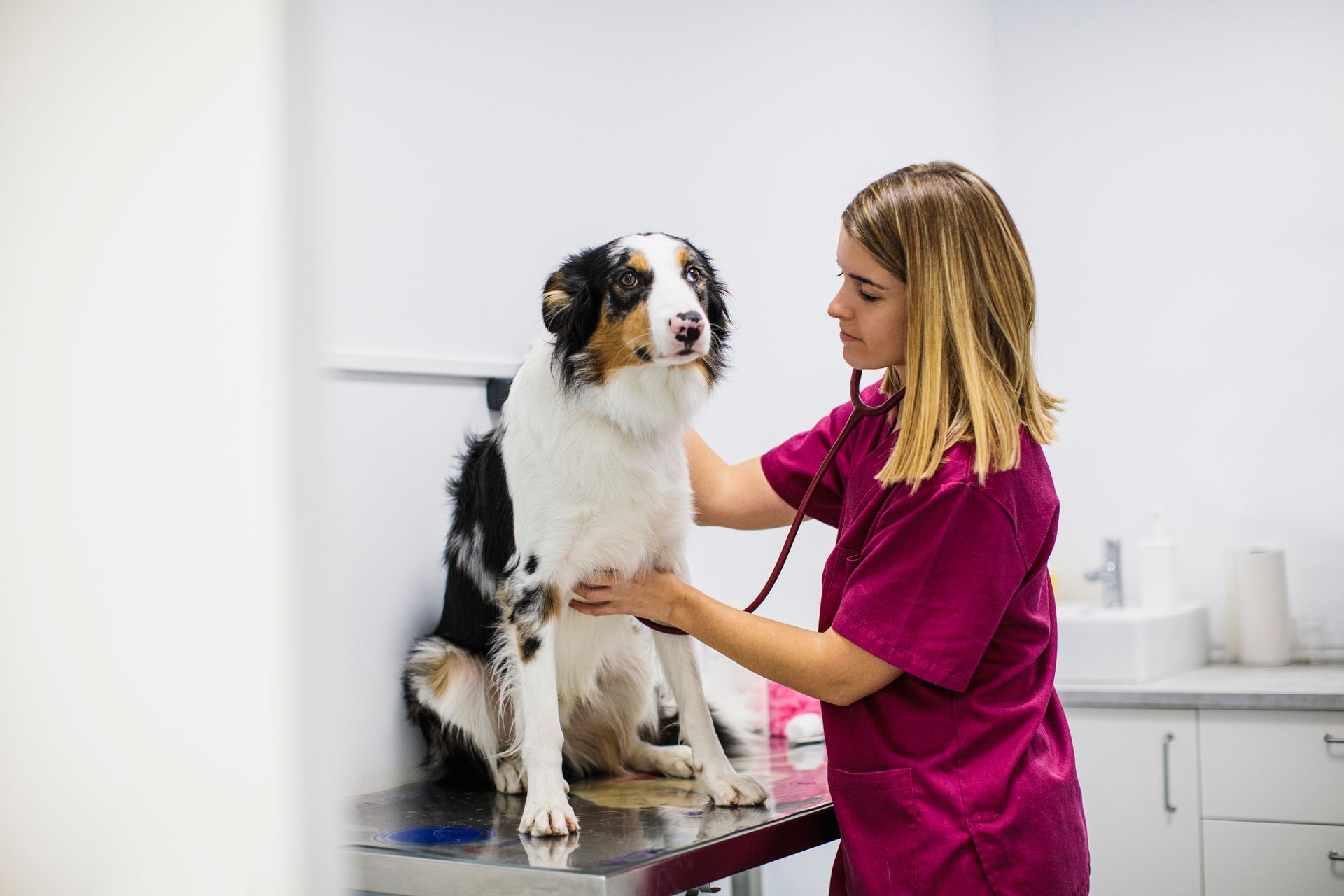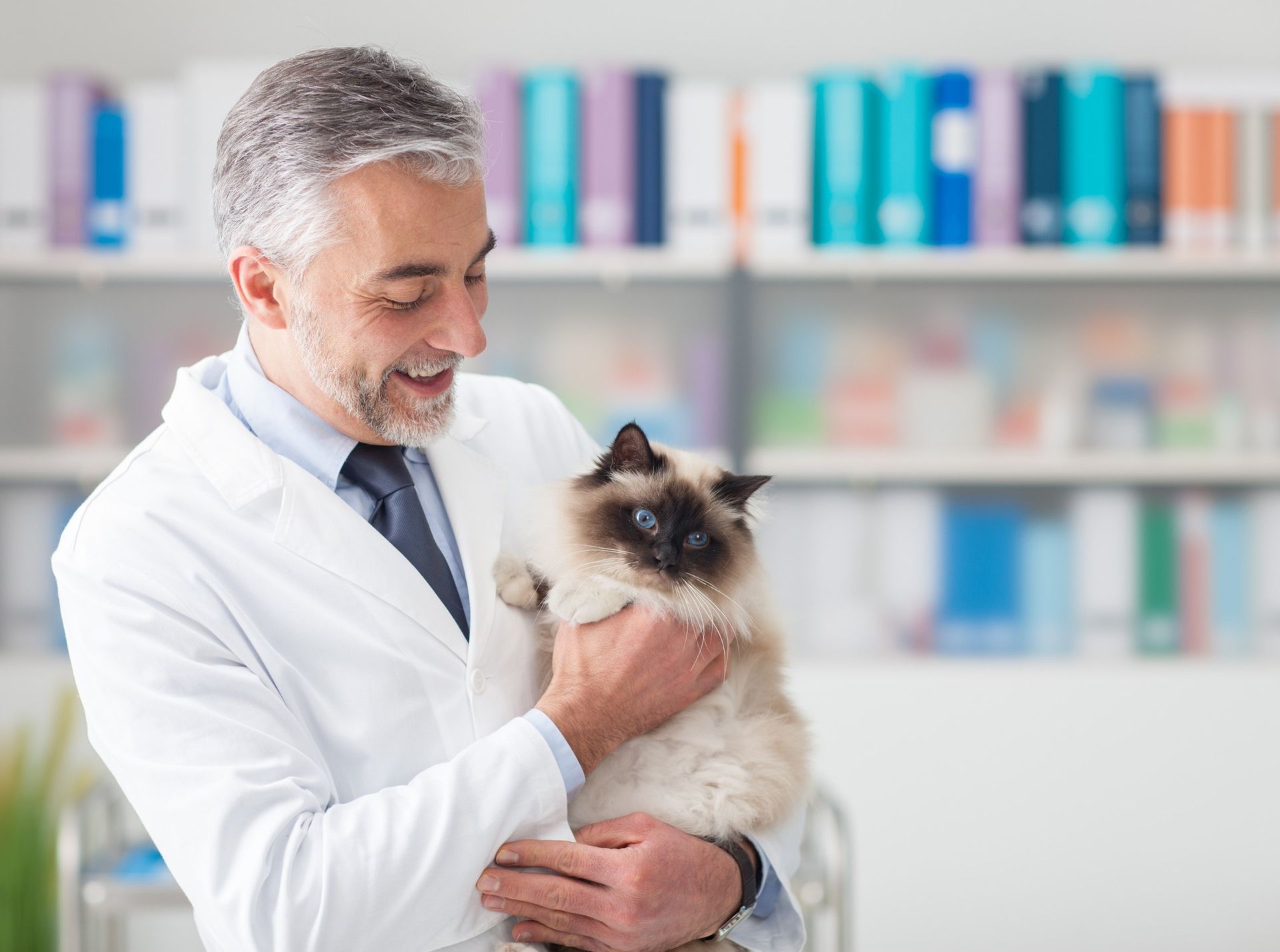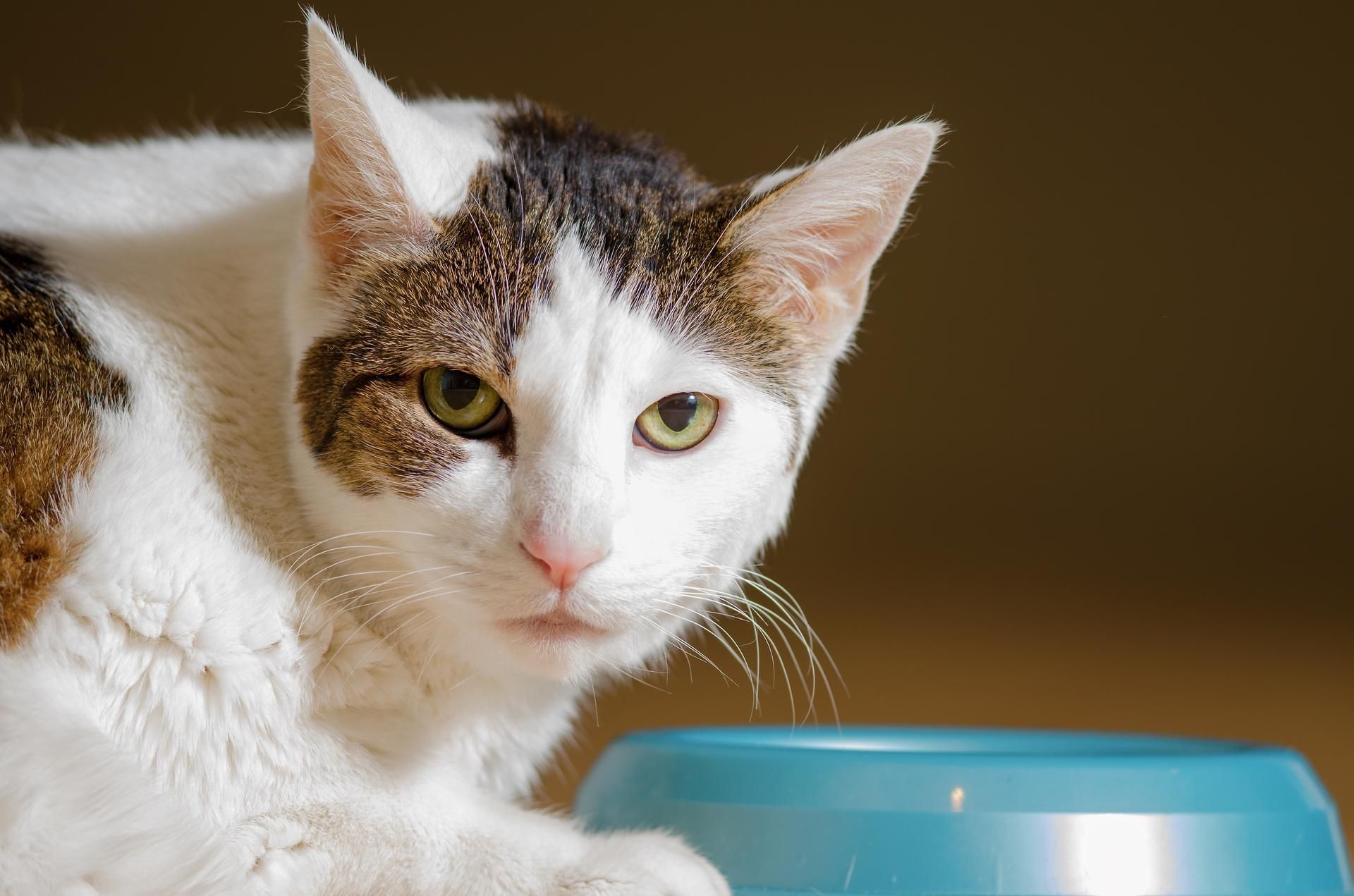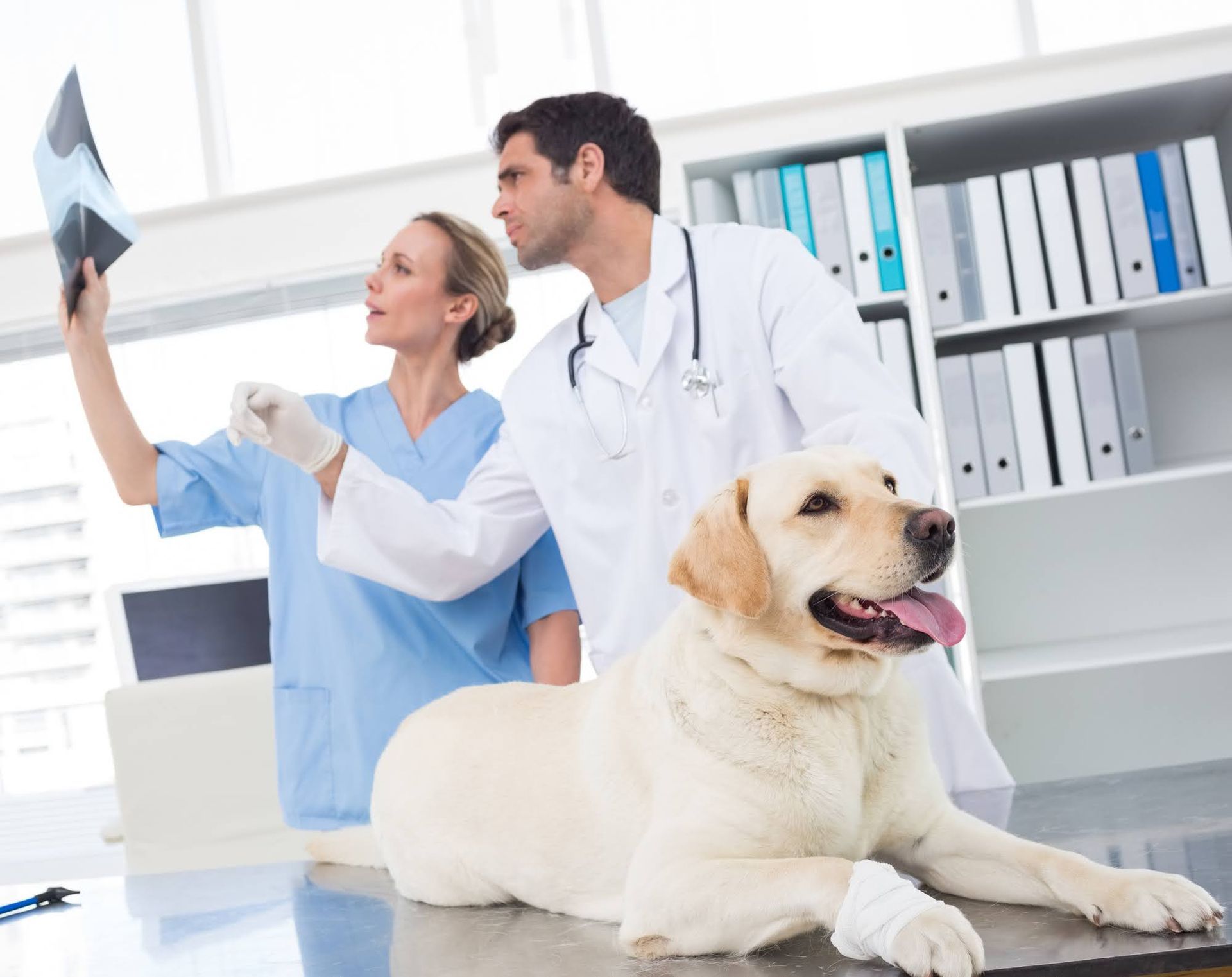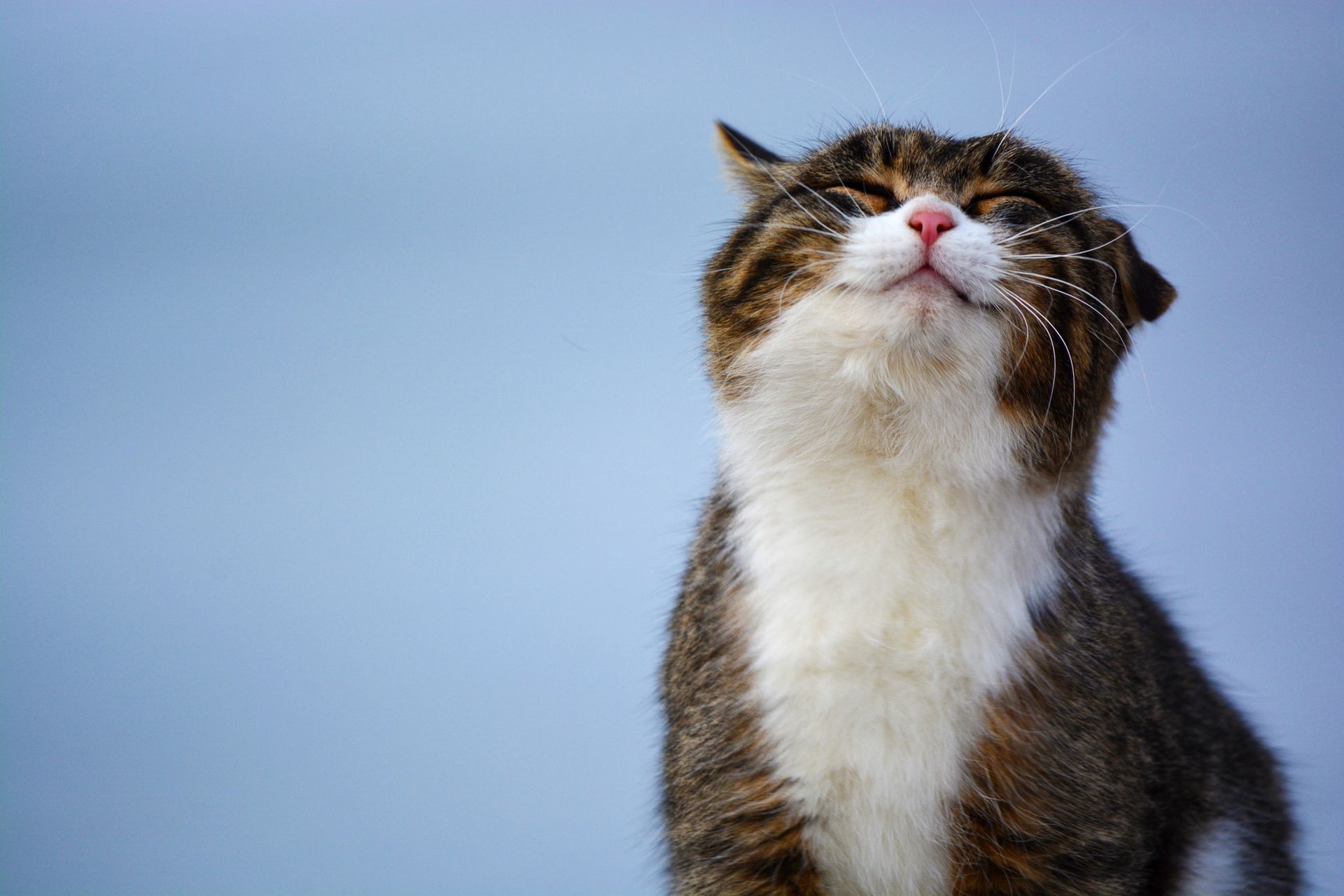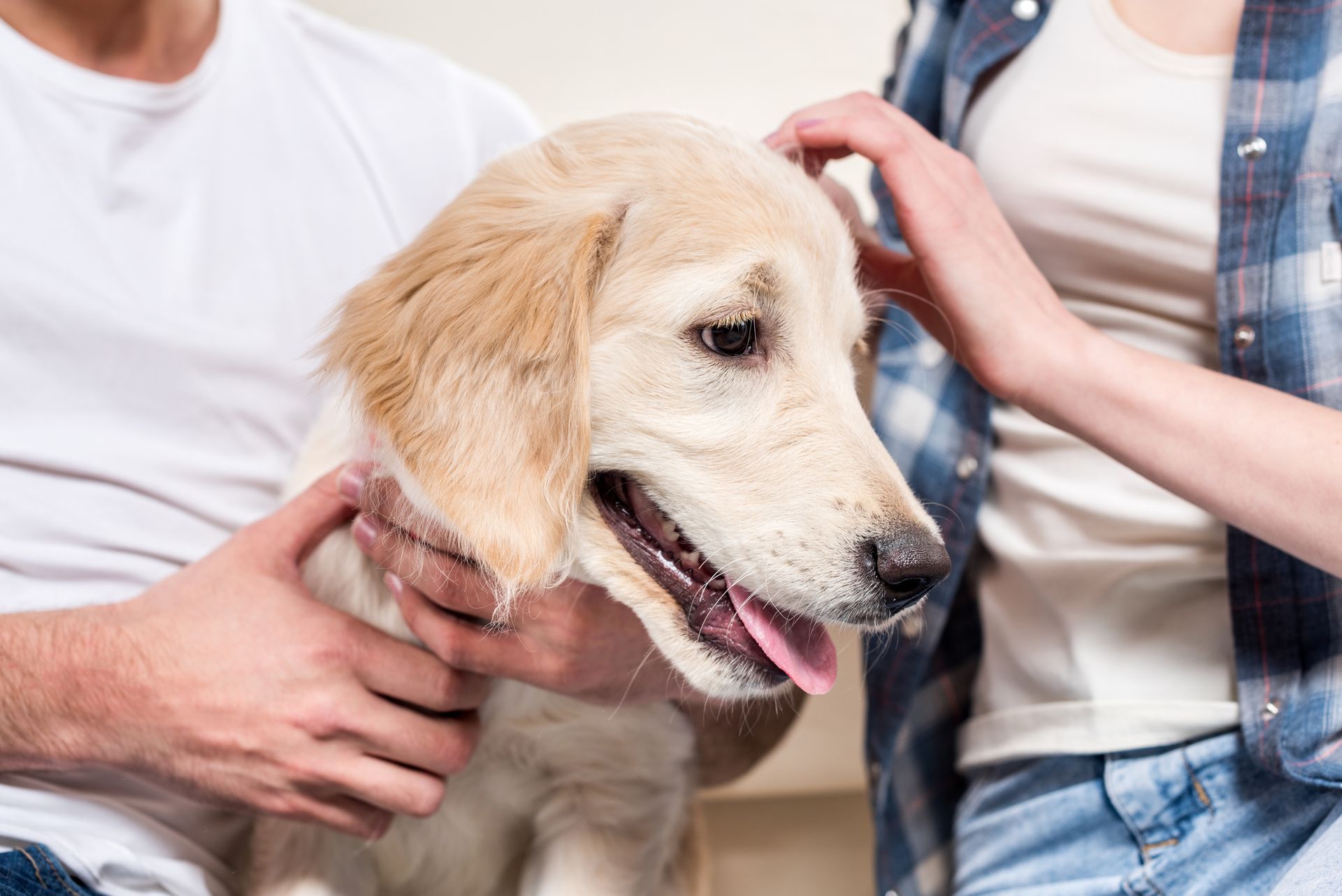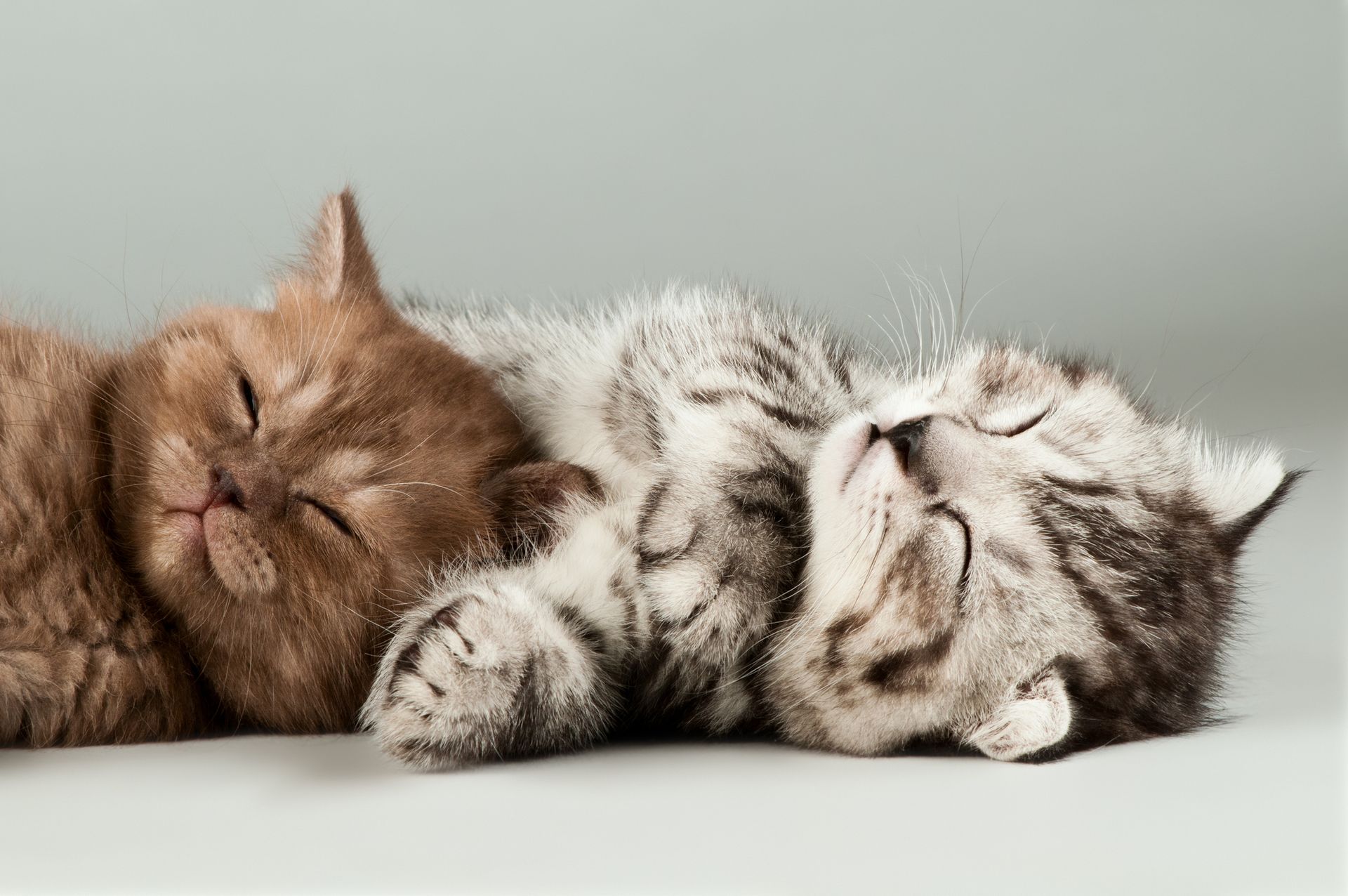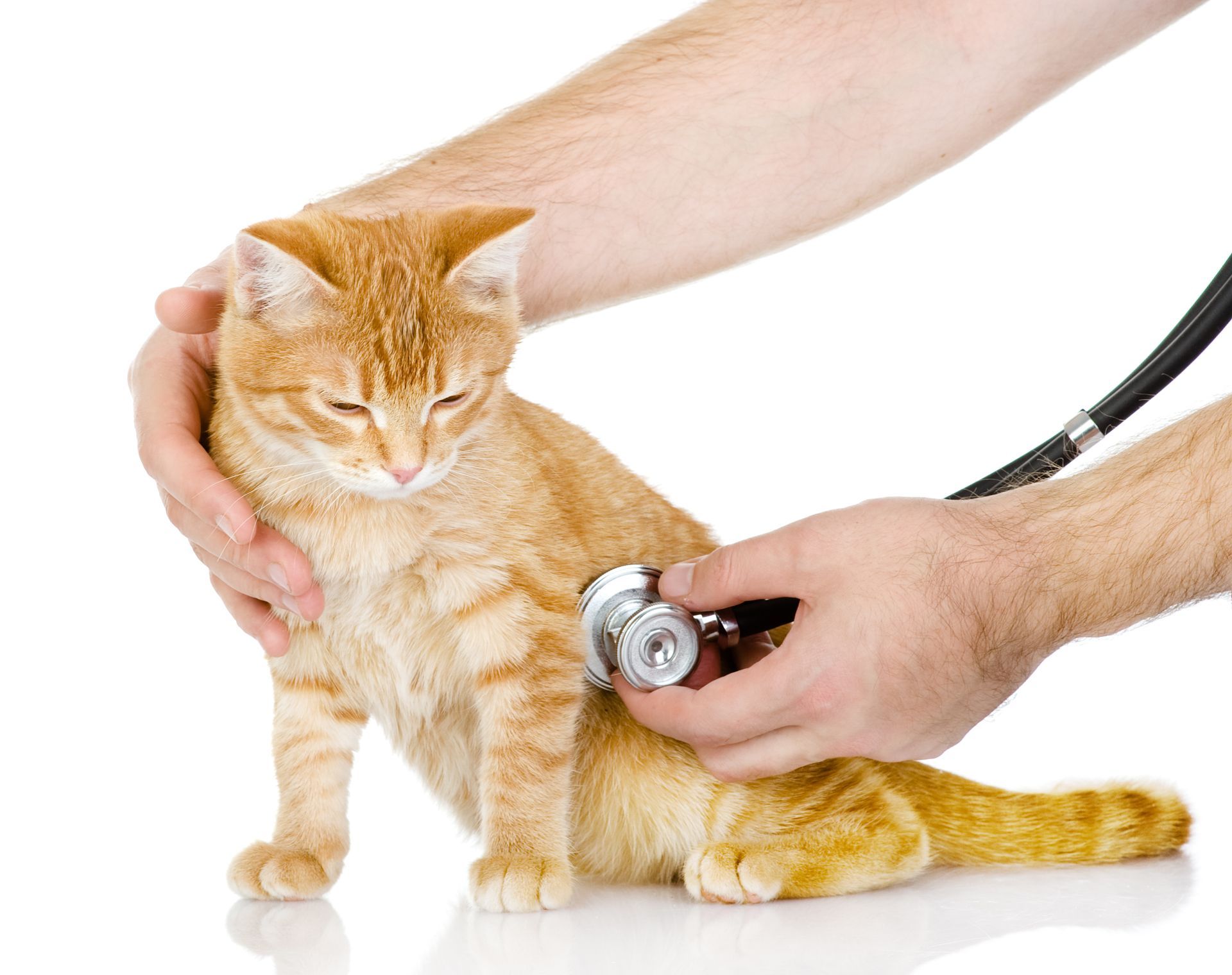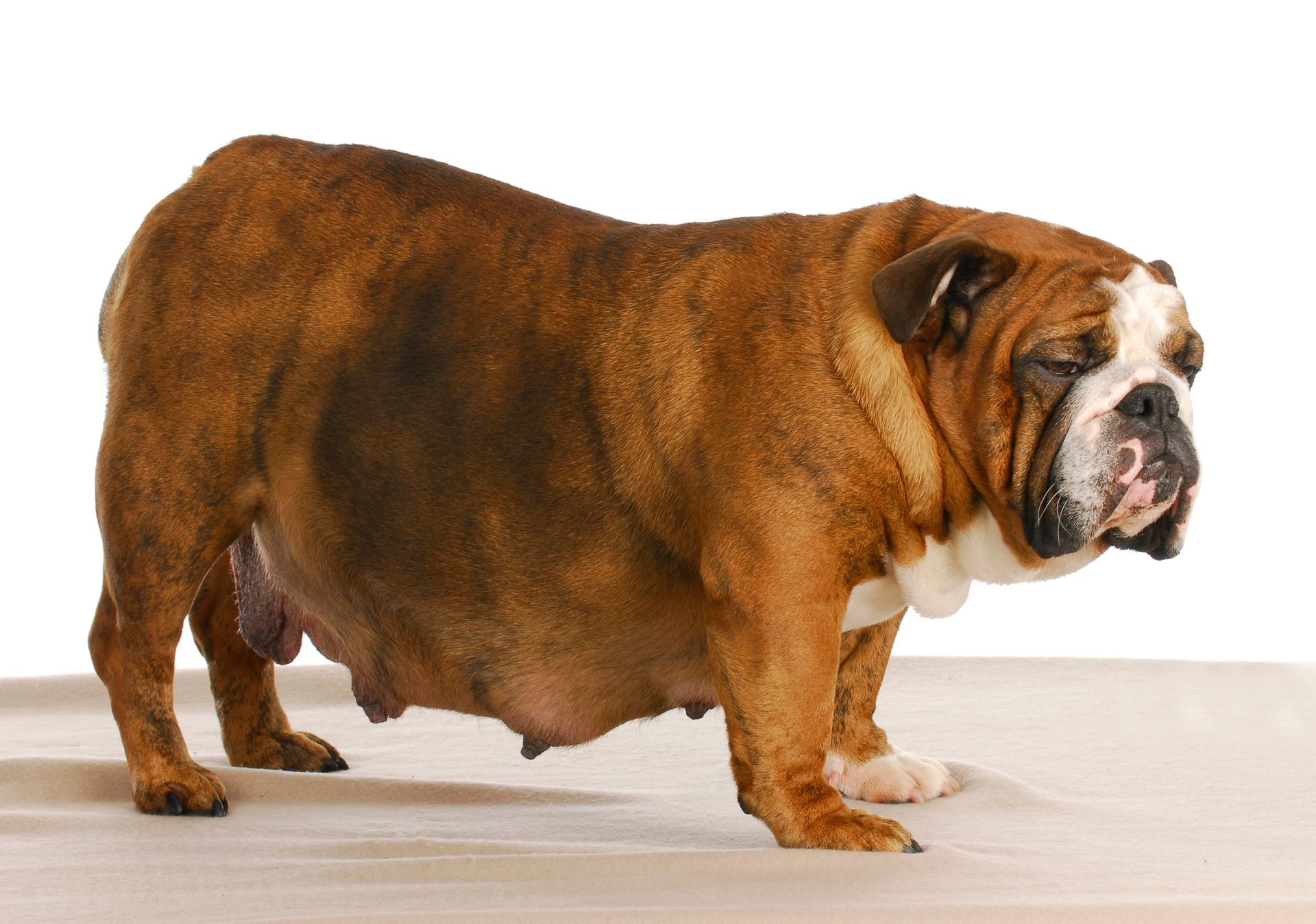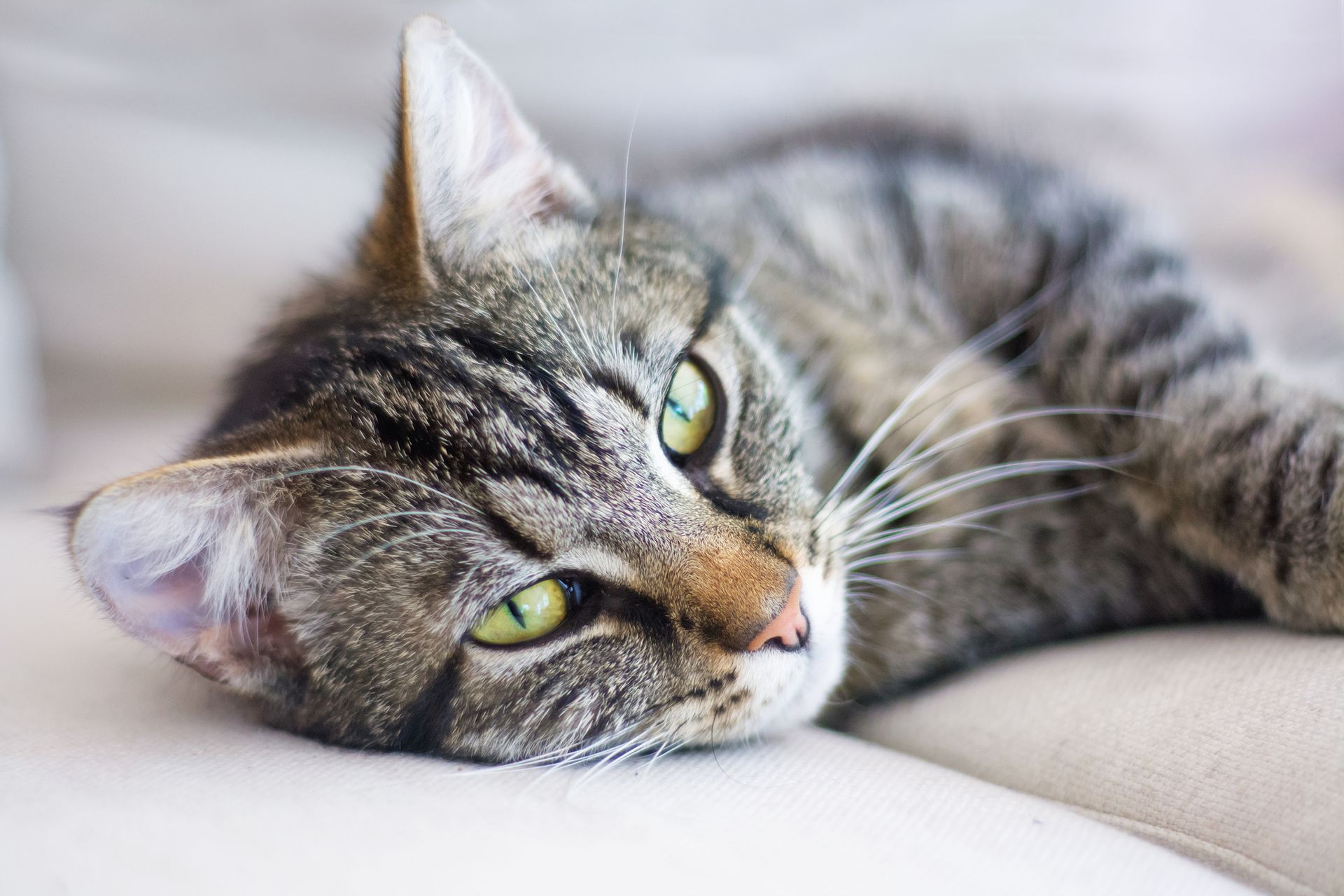3 Bad Habits That Could Affect Your Dog's Health
Admin • November 5, 2019
Just as humans exhibit unhealthy habits, pets will also habitually do things that could be risky to their health. Do your pet's actions have you concerned about a possible health risk? The following are a few canine behaviors that could be affecting your dog’s well-being, along with some simple solutions to correct them.
1. Gobbling Down Food (or Eating Too Fast)
Often dog owners complain that their four-legged friends simply eat too fast. Eating too fast may have risky health complications for your pet. Just as eating too fast can cause digestive upset in humans, your canine companion may feel the unpleasant side effects as well. In some cases, the habit of fast eating may even contribute to a very serious medical condition known as bloat.
You may have heard your veterinarian refer to bloat as gastric dilatation-volvulus. In layman's terms, gastric dilatation-volvulus refers to a twisting of the dog's stomach. Canine bloat is a very serious medical issue that could even be fatal if left untreated. While veterinarians are not entirely sure of the exact cause, dogs that consume their food too fast may be at risk.
If you believe your dog is eating fast to avoid competition from other household pets, one way to correct the problem is by feeding your dog separately from other pets. If your pet can eat alone in his or her own space, the habit of fast eating may be broken.
Another solution for fast-eating gobblers is an auto-feeding system. Search your local pet store for an automatic dog feeder. Some of the dispensers are even programmable, or you can choose a more basic unit. Either way, the unit will dispense a small amount of food at a time, thus helping to eliminate the problem of eating too quickly.
2. Rolling Around in the Grass
Does your dog roll in the grass at every opportunity? Your furry friend may enjoy rolling around in the grass or on your lawn for several reasons.
Your pet's habit may be a trait inherited from descendants, namely wolves. Maybe your dog enjoys the sensation of the grass blades rubbing on fur, as it relieves an itchy coat. It could be your pet dislikes the scent of the dog shampoo you have just used for his or her bath, and the grass may help disguise the odor.
In any case, rolling in the grass may be unhealthy for your pet. Think of the chemicals and parasites that may be in the grass. Also, possible allergens and germs may be living on grassy surfaces as well. If you want to break the habit of rolling in the grass, try walking your pet with a training leash. Also, reinforce positive behavior with a treat.
As an added precaution, always be sure your dog is up to date on flea and tick protection. Consult your veterinarian for more information. If you want to control the grass rolling behavior, ask the vet to recommend a dog trainer or a canine behavior specialist.
3. Chewing Inedible Objects
If your furry best friend is a habitual chewer, you'll want to break the negative habit. Chewing is not only destructive; it is a health hazard to your pet. Chewing may lead to choking or pieces of material becoming internally lodged or leading to a serious blockage. If your dog's obsessive chewing is gnawing away at you, take measures to stop it now.
It may seem obvious and simple, but offering your dog safe chew toys that are veterinarian approved may be a sensible solution. If your dog is bored and under-stimulated, chewing may occur. Give your dog plenty of stimulation and an outlet for any pent-up energy.
Finally, if negative habits are not resolved through smart measures, consult your veterinarian. Your pet could have an underlying medical condition that may need treatment.



